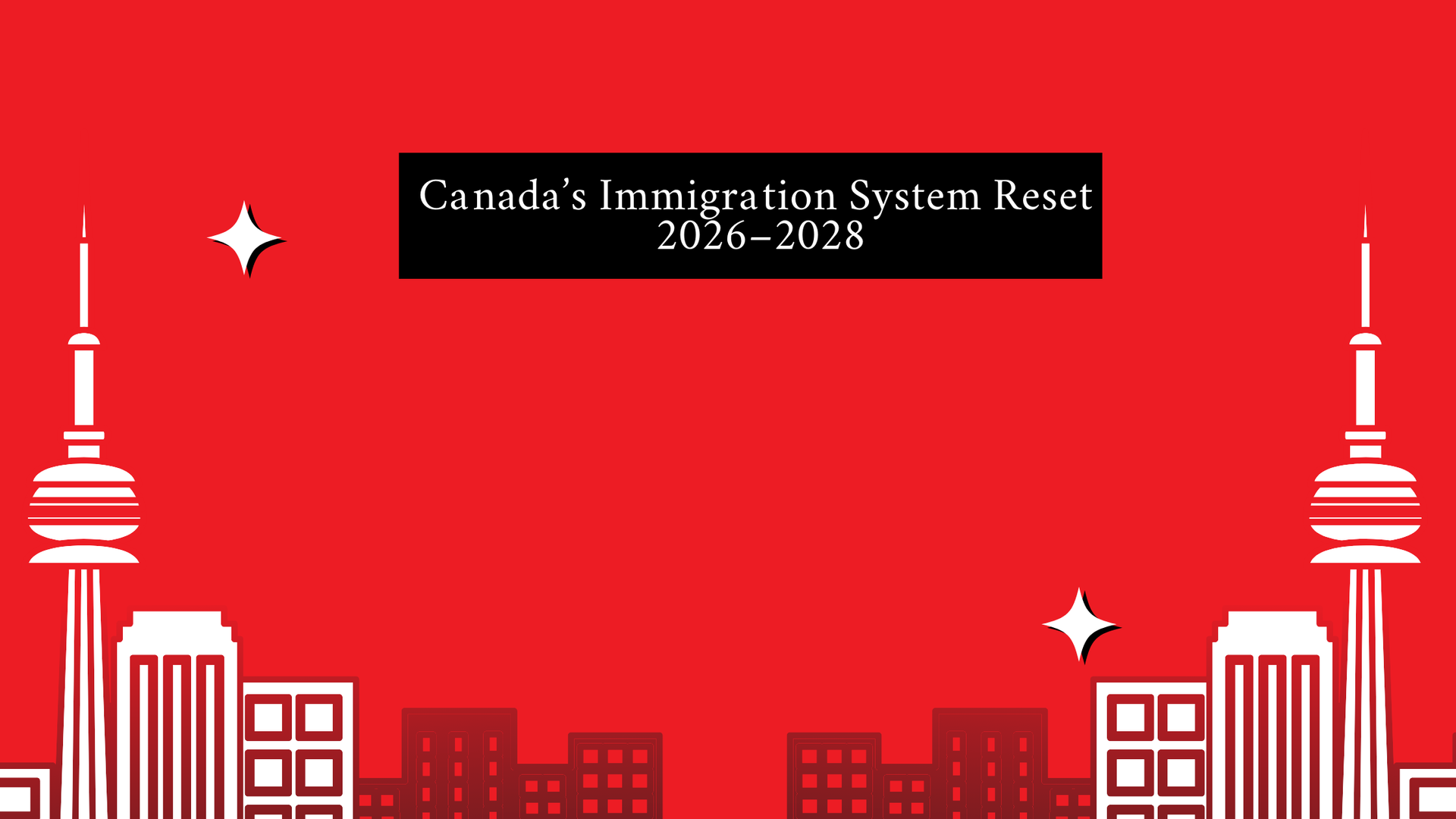Agri-Food Pilot: Unlocking Opportunities for Immigrants in Canada’s Agricultural Sector

The Agri-Food Pilot program is a groundbreaking immigration initiative by the Canadian government designed to address labor shortages in the agricultural and food production sectors. Launched as part of Canada’s commitment to supporting its vital agri-food industry, the program creates a pathway for experienced, non-seasonal workers to become permanent residents while contributing to the nation’s economy and food security.
Overview of the Agri-Food Pilot Program
The Agri-Food Pilot program aims to support Canada’s labor-intensive agricultural and food processing industries, which are crucial for maintaining the country’s food supply chain. This program specifically targets workers in sectors such as meat processing, mushroom production, greenhouse crop production, and livestock farming, among others.
Key features of the program include:
Eligibility Criteria:
- At least one year of full-time, non-seasonal work experience in an eligible occupation within the past three years.
- A job offer for a full-time, non-seasonal position in Canada.
- Proficiency in English or French (minimum CLB/NCLC level 4).
- A Canadian high school diploma or an equivalent foreign credential.
Targeted Occupations:
- Butchers, meat cutters, and workers in industrial meat processing.
- General farm workers and harvesting laborers.
- Supervisors and specialized livestock workers.
Regional Focus:
- The program aims to support rural and remote areas of Canada where agricultural operations are concentrated.
Permanent Residency Pathway:
- Successful applicants and their families can apply for permanent residency, ensuring long-term stability for workers and addressing Canada’s labor shortages sustainably.
Benefits for Immigrants
A Pathway to Stability
For many immigrants, the Agri-Food Pilot provides a unique opportunity to transition from temporary work permits to permanent residency. This stability allows workers to plan for their futures, access public services, and integrate into Canadian society.
Family Support
The program facilitates the inclusion of family members, enabling immigrants to bring their spouses and children to Canada. This provision fosters a sense of community and support for workers as they settle into their new lives.
Competitive Employment Opportunities
Participants benefit from secure and well-paying jobs in essential industries. These roles often come with additional perks, such as employer-provided housing and access to training programs, enhancing career development.
Benefits for Canada’s Agricultural Industry
Addressing Labor Shortages
Canada’s agricultural sector has faced persistent labor shortages, especially in rural and remote areas. The Agri-Food Pilot bridges this gap by attracting skilled and experienced workers to fill critical roles.
Boosting Productivity
By providing a steady workforce, the program enables farms and food processing facilities to operate at full capacity, ensuring the timely production and distribution of goods.
Strengthening the Food Supply Chain
A stable workforce ensures that Canada’s agricultural industry can meet domestic and international demands, bolstering food security and supporting economic growth.
Enhancing Rural Economies
Rural communities benefit from the influx of workers and their families, who contribute to local economies through housing, schooling, and other services. This growth revitalizes areas that might otherwise struggle with population decline.
Conclusion
The Agri-Food Pilot program is a win-win initiative for both immigrants and Canada’s agricultural sector. By providing a pathway to permanent residency, the program not only empowers workers but also strengthens one of the country’s most vital industries. As Canada continues to prioritize food security and economic resilience, the Agri-Food Pilot stands out as a cornerstone of sustainable growth and innovation.
For more details on the Agri-Food Pilot and how to apply, visit Canada.ca.








